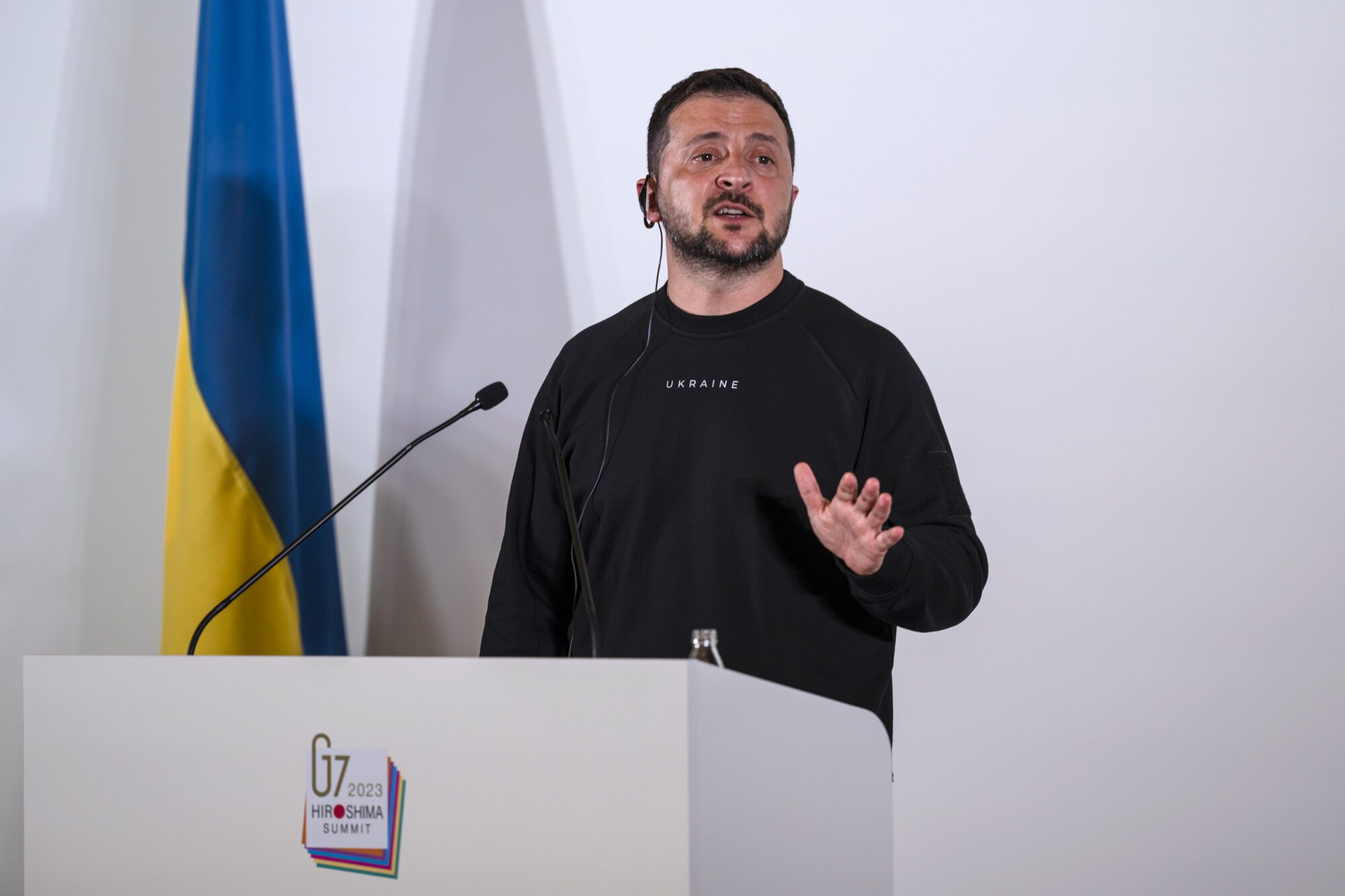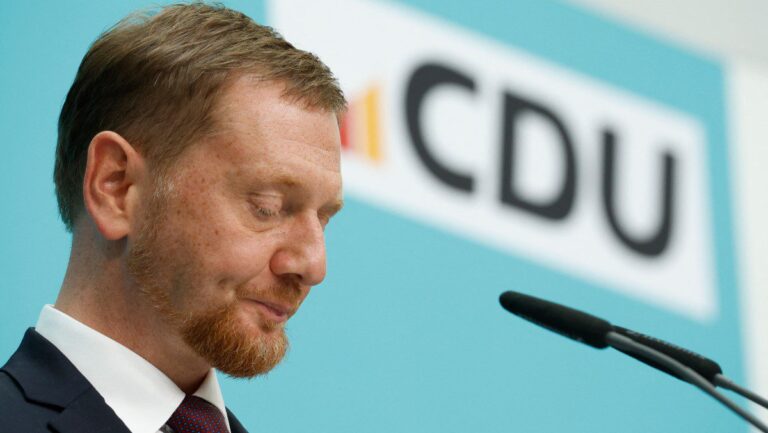The Eastern Ukrainian city of Bakhmut has fallen in the hands of Russian forces—at least, according to Moscow.
On Saturday, May 21st, it claimed that the city—notorious for the ferocity which characterized the year-long battle over it—had come under its complete control. In a Telegram video released by the Wagner Group, which had done the bulk of the fighting in the city, its non-military executive Yevgeny Prigozhin, Russian flag in hand, proclaimed his organization had taken “complete control” over the city.
Next week, Prigozhin plans to turn the city over to the Russian army and withdraw his men. In the video, he repeated his now well-known complaint that the Kremlin had provided insufficient support in terms of ammunition. “Five times more men have died than necessary,” he said.
The Russian Defense Ministry also confirmed that Bahkmut had been “completely liberated as a result of offensive actions by Wagner assault detachments supported by artillery and aviation of the Yug Group of Forces.”
Russian President Vladimir Putin congratulated the Russian paramilitary organization as well as all standard Russian military personnel involved in the operation.
Despite the apparent evidence at hand, Kyiv strenuously denies Moscow’s version of events.
During his visit to the G7 summit in Hiroshima, Japan, Ukrainian President Volodymyr Zelensky was asked whether Bakhmut was still under Ukrainian control. At that point, Zelensky answered, “I think no,” adding that “for today, Bakhmut is only in our hearts.”
The president went on to lament that because of all the shelling, there is little left to conquer in Bakhmut. “There are only ruins and a lot of dead Russians,” he noted.
Later, his press secretary clarified that Zelensky was in fact responding to a different question, and that fighting over Bakhmut was still going on.
“Reporter’s question: Russians said they have taken Bakhmut,” Sergii Nykyforov wrote on Facebook. “President’s reply: I think no.”
He then added: “In this way, the president denied the capture of Bakhmut.”
The longest and bloodiest of the 15-month war by far, the battle of Bakhmut became known for its massive Russian ground offensives. Due to the use of trenches and the ferocious fighting that exacted a heavy toll on both sides, it soon drew comparisons with WWI’s battle of Verdun.
The battle has taken on a highly symbolic meaning. While its strategic value has been frequently underplayed by Western commentators, Zelensky clarified last December, before the U.S. Congress, that Bakhmut was Ukraine’s “stronghold in the Donbas” and that the battle over it would “change the trajectory of our war.”
Meanwhile, Ukraine is to receive another package of U.S. military aid, this time to the tune of $375 million. “Together with the entire G7, we have Ukraine’s back and I promise we are not going anywhere,” U.S. President Joe Biden told Zelensky during their meeting in Hiroshima.
Since the beginning of Russia’s invasion of Ukraine, the U.S. has provided $29.8 billion in military aid to the country.
President Biden’s announcement came one day after he had greenlit F-16 pilots to be trained in Europe while allowing for F-16s to be delivered by European nations. In response, Moscow has warned that the West was taking “colossal risks” by doing so.





